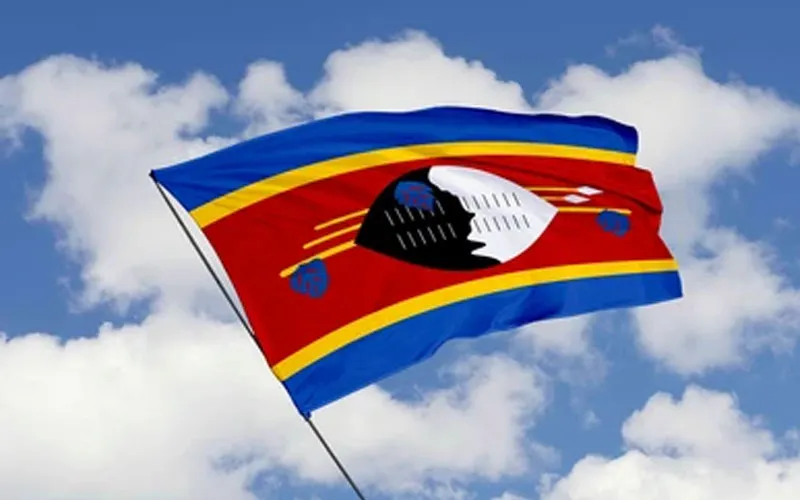The first “Justice for Thabani” march is said to have taken place on May 17 and has animated what used to be peaceful protests by trade unionists in the country.
“Swaziland has always been a very quiet country, save for the occasional slow-paced marches by trade unionists. These Marches have always attracted very small crowds,” the DHPI Director tells ACI Africa in the July 1 interview, and adds, “What the country is experiencing now is very different because the ongoing protests have brought on board students, human rights and political activists.”
Those protesting have shifted their focus to calling for meaningful democratic reforms in the country and a Prime Minister that is elected by the people and not appointed by the King.
The official of the peace entity of the Southern African Catholic Bishops Conference (SACBC) says that on Monday, June 28, some government buildings and several trucks, including those from South Africa that were delivering goods to various towns, were set on fire as the ongoing pro-democracy protests escalated after acting Prime Minister Themba Masuku issued a decree banning the delivery or handover of petitions to government officials and MPs.
And following the banning of protests in the country, protesters are now attacking government facilities and private businesses linked to those in authority, Mr. Viljoen tells ACI Africa.
The DHPI Director says that a majority of those taking part in the demonstrations are young people and underscores the need for the country to grant protesters what they are asking for.
“Eswatini needs to have democratic reforms with elected representatives. Nothing else will work,” Mr. Viljoen says, adding that whatever is happening in the Southern African country amounts to a “full-blown” EndSARS movement.
The DHPI Director says that those protesting are demanding a representative government and insist that they will not stop the protests “until their demands are met”.
“The people, especially the young people, want a representative government for accountability,” the official of the organization that is working with the Catholic Diocese of Manzini’s Justice and Peace Commission (CJPC) to monitor the situation in the country says.
“Young people in Eswatini are aggrieved because of the widespread corruption and poor service delivery in the country,” he says, and adds, “The cost of living has been going up yet salaries remain the same. There is terrible poverty and many areas do not have water.”








